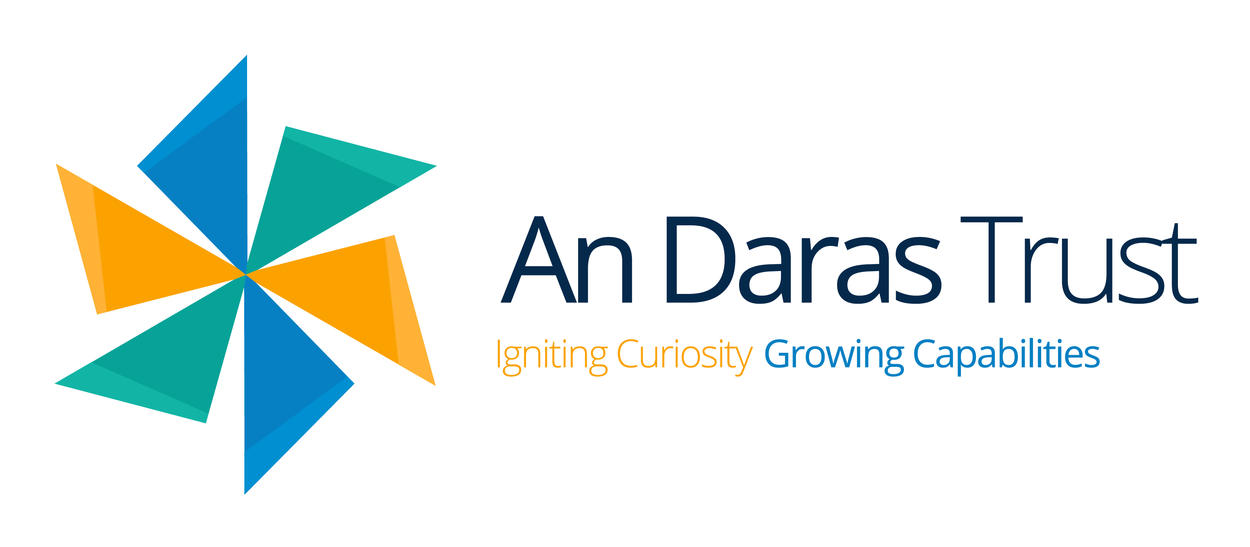Maths Curriculum Intent, Implementation and Impact statement
Our Maths Curriculum
Intent – What Are We Aiming For?
The teaching and learning of maths is central to achieving our school’s mission. It supports both achievement and enjoyment, helping pupils to apply numerical skills confidently, solve problems, rise to challenges, and develop a genuine love of learning.
Our intent is to create a culture of deep understanding, confidence, and competence in maths—one that leads to secure learning and real progress for every child. We believe that all pupils can succeed in mathematics. We do not accept that some children are "good at maths" and others are not. Instead, we promote a positive mindset and believe that, with the right support and challenge, every child can thrive.
Our maths curriculum is shaped by our school values:
-
Ambition – encouraging all pupils to aim high, persevere, and strive to reach their full potential
-
Creativity – promoting flexible thinking, exploring multiple methods, and making connections across topics
-
Relationships – learning collaboratively, listening respectfully, and celebrating each other’s success
We also actively promote our learning behaviours in every maths lesson:
-
Resilience – tackling challenges with determination and learning from mistakes
-
Resourcefulness – selecting and applying a range of strategies to solve problems
-
Reflectiveness – thinking carefully about methods used and recognising how to improve
By nurturing these values and behaviours alongside high-quality teaching, we aim to show that maths is an exciting, meaningful journey that every child can enjoy, value, and master.
Implementation – How Do We Teach It?
We follow the Power Maths scheme of learning from Reception through to Year 6. Based on a mastery approach, it breaks learning into small, well-sequenced steps so that all pupils move forward together.
Daily lessons are structured to include:
-
Whole-class interactive teaching
-
Use of practical resources and visual models
-
Opportunities for guided and independent practice
-
Regular reasoning and problem-solving tasks
Pupils who need additional support receive targeted help during or around the lesson. Those needing more challenge are given rich, open-ended problems to deepen their understanding.
The scheme encourages children to apply their knowledge across topics. For example, during work on measurement, pupils practise using the four operations and fractions, helping to make connections and give purpose to their learning.
There is a strong focus on number fluency. Confident understanding of number is the foundation of good mathematics, so we spend time throughout the year securing key skills through daily practice and mental/oral work.
Problem solving and reasoning are central to our approach. Every lesson includes opportunities to apply knowledge in real and engaging contexts. These tasks help pupils develop logical thinking, enjoy challenge, and see the relevance of maths in the wider world.
Our school’s learning behaviours are woven into every aspect of maths learning—children are encouraged to be resilient when problem-solving, resourceful in choosing strategies, and reflective when reviewing their work.
Impact – How Do We Know It’s Working?
Teachers assess learning continuously throughout each lesson. They ask questions, check responses, and review work to identify progress and misconceptions. This enables them to adapt teaching in the moment, offer feedback, and support or extend pupils as needed.
Work is marked regularly, giving teachers further insight into understanding and allowing pupils to receive timely praise and guidance. Teachers also reflect on their own delivery to improve future lessons.
Each term, children complete NTS (National Test-style Standardised) assessments, which help track progress and identify how pupils are performing in relation to national expectations. These results inform future planning and allow teachers to adjust their teaching and intervention strategies.
Leaders use these outcomes to monitor progress across the school, spot areas of strength and improvement, and plan support or training where needed.
Together, these systems ensure that our maths curriculum is having a positive, lasting impact—building confident, capable learners who are well prepared for the next stage of their education.

